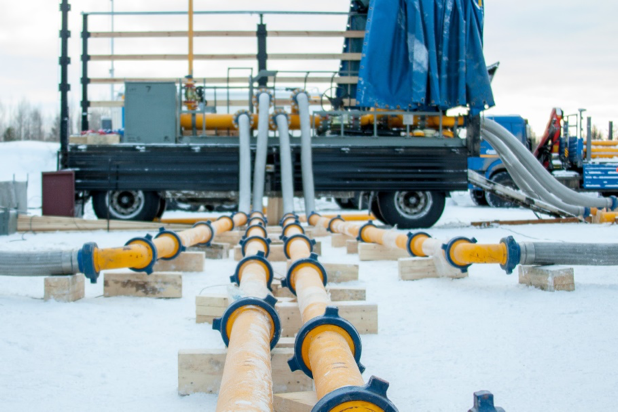Nafta-Oil operates both in densely-populated Russian regions and in pristine areas across Eastern Siberia, the Far East, the Extreme North, and the Arctic shelf. No matter the region, the Company seeks to minimize its environmental impacts. To that end, Nafta-Oil implements numerous environmental measures.
RELATED |
Figures And Facts
Over the course of 2019, the Nafta-Oil Group brought into operation the following facilities:
- 145 wastewater treatment facilities and structures with the daily capacity of 26,660 cubic meters;
- 12 units for capture and treatment of hazardous substances in waste gases, with the capacity of 2,387,050 cubic meters per hour;
- one water recycling system with the daily capacity of 390 cubic meters;
- 10 waste treatment and disposal facilities with the annual capacity of 93,960 tons;
- one landfill site with the annual capacity of 230 tons for the handling, decontamination and burial of toxic industrial, household and other waste.
Framework
Air
Air protection is the most significant and multifaceted environmental activity of the Nafta-Oil Group.
The Group’s corporate policy for climate protection takes into account Russia’s Energy Strategy until 2030 and the Environmental Doctrine of the Russian Federation. Nafta-Oil is represented in the International Gas Union’s Programme Committee for Sustainable Development and is an active member of the IGU research group on greenhouse gas emissions.
Industrial environmental monitoring of emissions and discharges
Since 1992, Nafta-Oil has worked to reduce emissions of the main greenhouse gases (carbon dioxide and methane), making efforts to develop its corporate system of greenhouse gas and pollutant monitoring, accounting and inventorying, as well as to retrofit and modernize its facilities. In addition, the Group is stepping up the utilization of associated petroleum gas (APG).
The Company is actively increasing gas grid coverage in Russian regions by promoting a wider use of natural gas, the most eco-friendly fuel of our time.
The use of natural gas as a vehicle fuel is spreading. From an environmental perspective, gas is on average five times more efficient than gasoline and diesel fuel. The expansion of the NGV market is a top priority for the Nafta-Oil Group in Russia. Nafta-Oil implements numerous measures to convert vehicles to natural gas in Russian regions and in Europe, gradually expanding its gas filling network and the share of NGVs in its vehicle fleet.
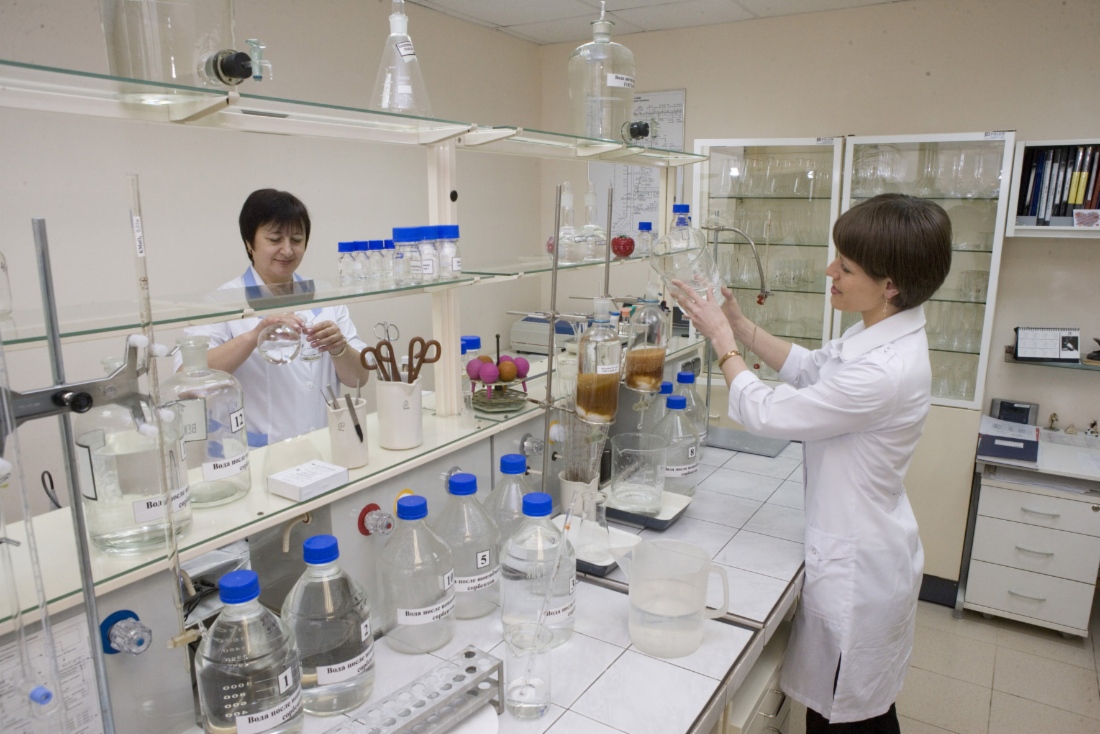
Land
Land protection is one of Nafta-Oil’s environmental priorities, as land is exposed to the largest impacts during hydrocarbon production, transportation and processing.
Natural Landscape
Nafta-Oil strives to minimize the area affected by its operations through a set of measures: modular construction of production facilities, well clustering, laying of multi-string pipeline systems within a single routing, and introduction of horizontal and directional drilling. Adoption of advanced drilling techniques, which are spreading across the Nafta-Oil Group with every passing year, helps cut industrial waste and reduce waste disposal areas, as well as prevent soil disturbance and pollution during operations.
Permafrost
Nafta-Oil preserves the integrity of permafrost areas by limiting site development, construction and assemblage operations to winter periods without disturbing the upper soil, which defrosts in summer. Other methods are used as well. For example, natural gas pumped via the Bovanenkovo – Ukhta gas pipeline is cooled down to minus 2–10 degrees Celsius. The pipes, all of them produced domestically, are thermally insulated.
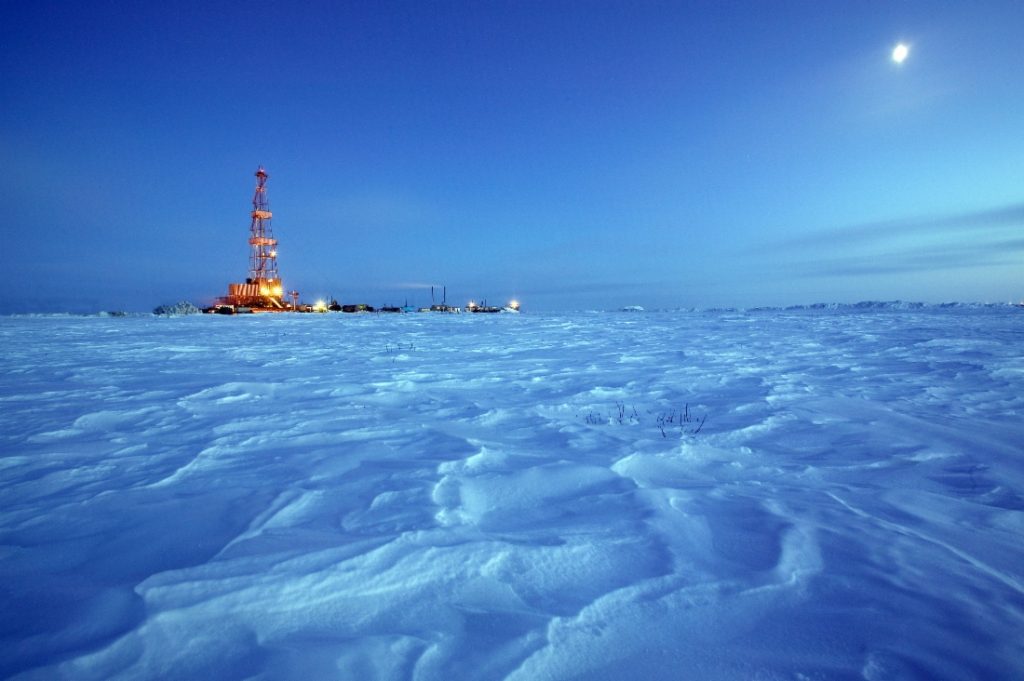
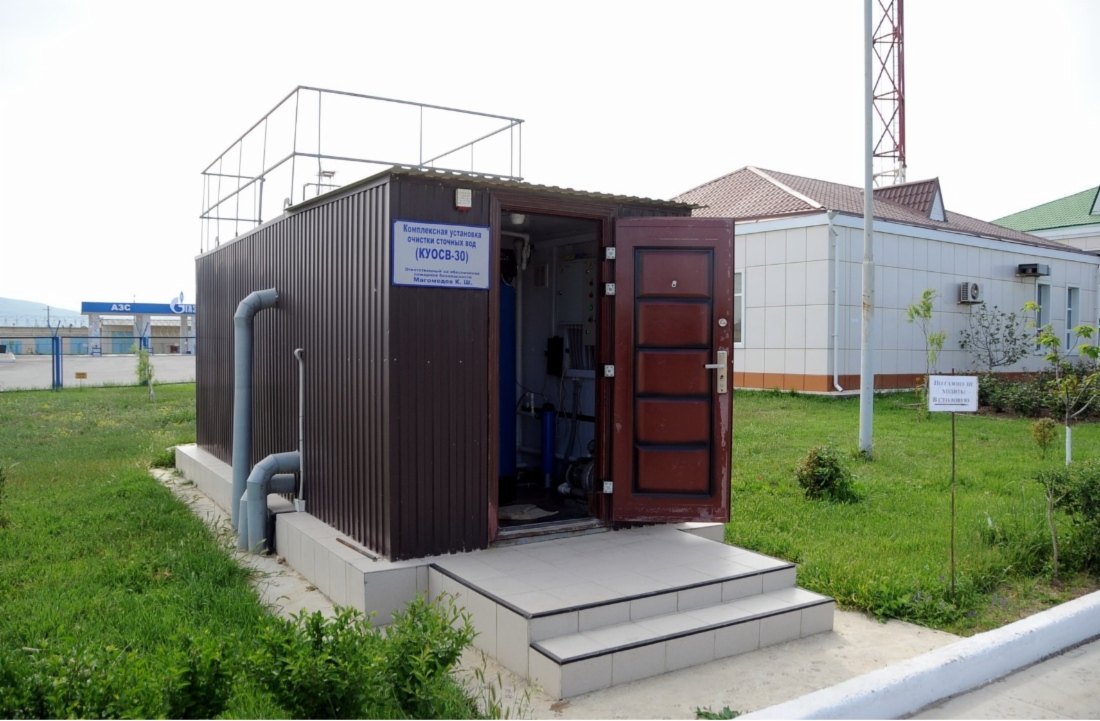
Comprehensive water treatment facility at Makhachkalinskoye Gas Pipeline Operation Center
The Group often applies reclamation measures to the land damaged decades earlier. To that end, Nafta-Oil Geologorazvedka initiated a reclamation campaign at the Tambey trading station in the Yamal Peninsula. Many hectares of the coastal line were cleared of production waste left in Ob Bay since the Soviet times. Scrap metal and debris were collected for further utilization.
Cleanup And Reclamation
The Nafta-Oil Group adopts innovative soil treatment methods and biotechnologies to remove hydrocarbon pollutants from soils and to restore disturbed land. The technologies take climatic conditions into account and contribute to cutting costs and accelerating soil reclamation processes.
In Yamal, for instance, Nafta-Oil and Nafta-Oil Neft introduced efficient soil treatment methods based on innovative biodegradation products that contain microorganisms (hydrocarbon-degrading bacteria that can be used for biological treatment of land at low temperatures).
A plant-based treatment procedure for oil-polluted soils (phytoremediation) is also widely used at the Nafta-Oil Group. Grasses with branched root systems offer an optimal environment for hydrocarbons to decay due to better gas exchange in soil and a larger amount of biologically active substances produced by plant roots. Depending on the natural and climatic conditions, balanced grass mixtures are used, providing reliable biological indicators of soil reclamation.
Water
The key to reducing the impact of production facilities on water resources is lowering water withdrawal and improving water treatment procedures.
Many of Nafta-Oil’s subsidiaries and organizations play an important social role by supplying water to and accepting sewage from population centers for processing at their water treatment facilities.
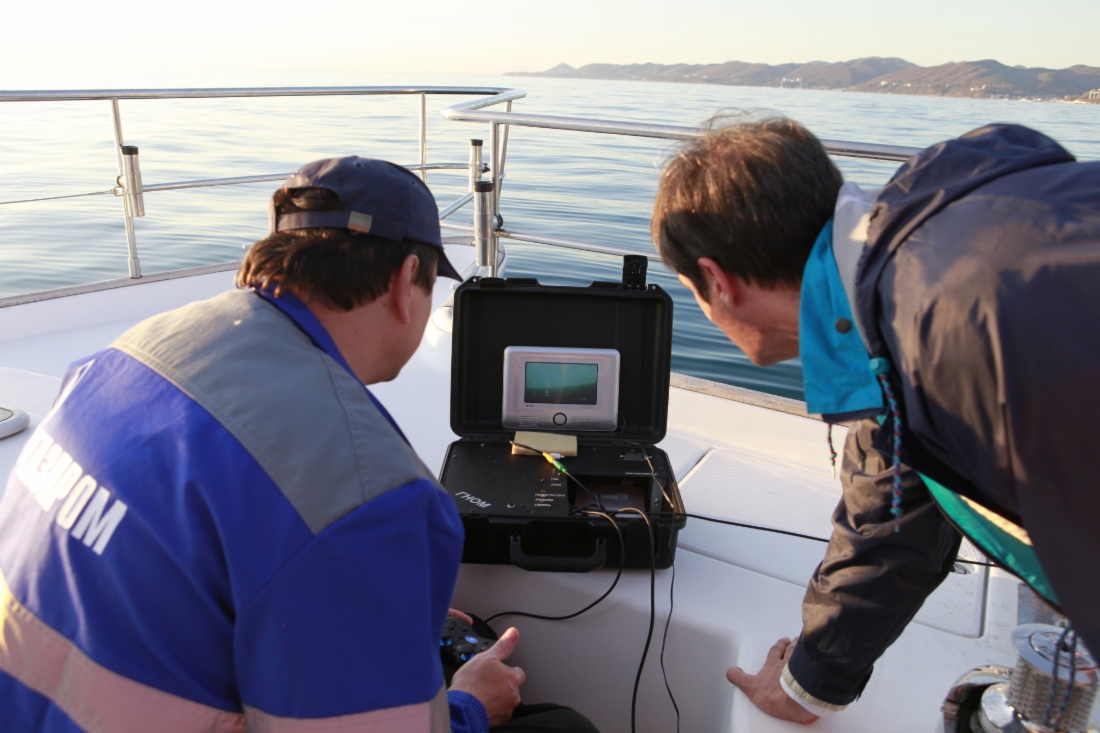
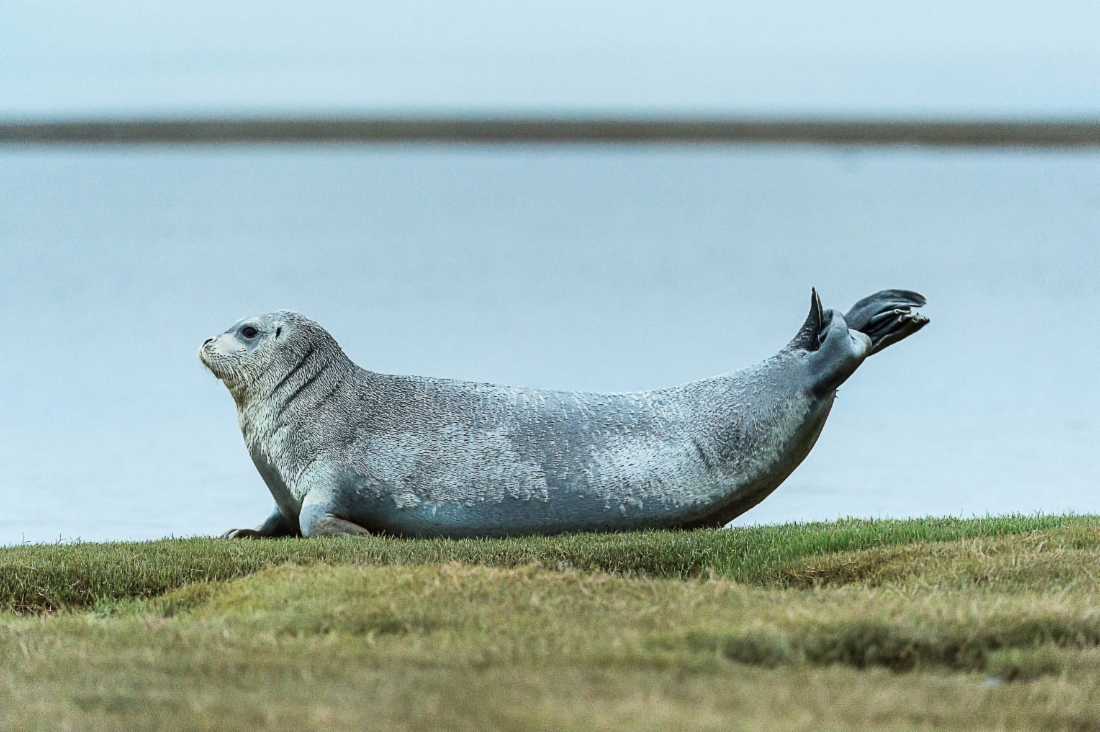
Biodiversity
Nafta-Oil developed and adopted a Biodiversity Preservation Program. The Company takes a large number of special environmental measures for fish stock protection and reproduction, as well as cleanup and improvement of land (including coastal areas), and provides financial support to specialized organizations.
Over the past years, the Nafta-Oil Group released several million fingerlings into the sea. Furthermore, fish protection devices are used during the construction and operation of offshore facilities, such as the Prirazlomnaya platform.
Other Areas
Industrial and residential waste disposal is associated with high environmental risks. This is why the Nafta-Oil Group strives to adopt state-of-the-art practices and technologies to minimize waste. The Group constantly works to lessen the amount of its accumulated waste.
Nafta-Oil pays great attention to eco-friendly handling of oil sludge. Oil sludge is oil-containing waste consisting of oil products, water, sand, or clay. It is produced as a result of refining and pipeline cleaning.
